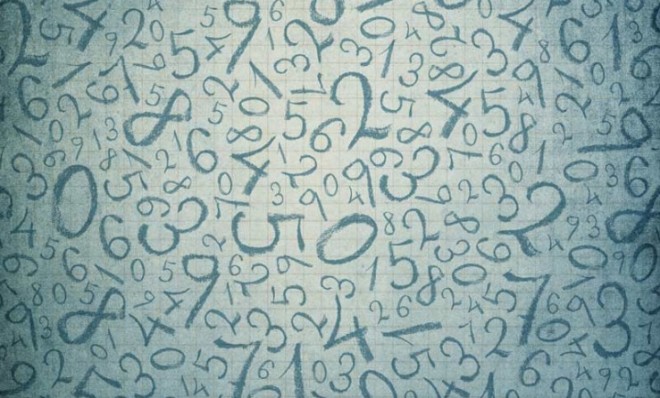Behold: The largest prime number ever discovered
It has 17,425,170 digits

Using an arrangement of powerful computers running trillions of calculations every second, mathematicians have discovered the largest prime number yet. (In case you missed math class: A prime number can only be divided by 1 and itself. So the roster of prime numbers includes 2, 3, 5, 7, 11, 13, 17, and on and on.)
In this case, the behemoth prime number contains 17,425,170 digits and is much too long to repost for the purposes of this article. (You can, however, download the entire 22MB text file here.)
The number — which is equivalent to 2 multiplied by itself 57,885,161 times, minus 1 — is the first prime number discovered in four years. It belongs to a rare class of numbers called Mersenne primes, which are 2 raised to the power of a prime number minus 1. They were first discovered by a French monk named Marin Mersenne 350 years ago. So far, only 48 of these rare numbers have ever been discovered.
The Week
Escape your echo chamber. Get the facts behind the news, plus analysis from multiple perspectives.

Sign up for The Week's Free Newsletters
From our morning news briefing to a weekly Good News Newsletter, get the best of The Week delivered directly to your inbox.
From our morning news briefing to a weekly Good News Newsletter, get the best of The Week delivered directly to your inbox.
Scientists at the University of Central Missouri, led by mathematician Curtis Cooper, used a powerful network called the Great Internet Mersenne Prime Search (GIMPS), which tapped into 360,000 processors to crunch 150 trillion calculations per second. The GIMPS project is directly responsible for discovering all 14 of the large Mersenne primes we know about.
So what does this new number's discovery mean for mathematics? Well, practically speaking, not much, admit researchers. "It's analogous to climbing Mt. Everest," George Woltman, the retired computer scientist who created GIMPS, tells LiveScience. "People enjoy it for the challenge of the discovery of finding something that's never been known before."
The number was double-checked several times by other researchers not involved in the project. For his discovery, Cooper will be awarded $3,000 by the Electronic Frontier Foundation, which is also offering a $150,000 reward to whoever finds a prime number with 100 million digits, and $250,000 to whoever can crack the billion-digit mark.
A free daily email with the biggest news stories of the day – and the best features from TheWeek.com
-
 6 exquisite homes for skiers
6 exquisite homes for skiersFeature Featuring a Scandinavian-style retreat in Southern California and a Utah abode with a designated ski room
-
 Film reviews: ‘The Testament of Ann Lee,’ ’28 Years Later: The Bone Temple,’ and ‘Young Mothers’
Film reviews: ‘The Testament of Ann Lee,’ ’28 Years Later: The Bone Temple,’ and ‘Young Mothers’Feature A full-immersion portrait of the Shakers’ founder, a zombie virus brings out the best and worst in the human survivors, and pregnancy tests the resolve of four Belgian teenagers
-
 Political cartoons for January 25
Political cartoons for January 25Cartoons Sunday's political cartoons include a hot economy, A.I. wisdom, and more